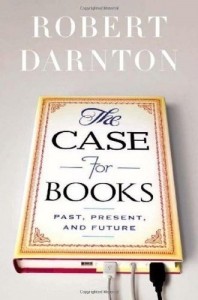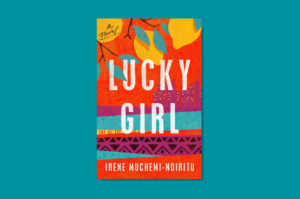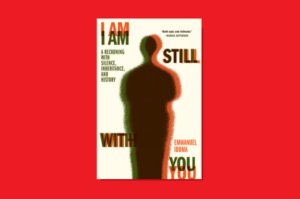Common sense tells us that a culture tends to require justification only when it’s existence is very seriously threatened. What better way is there to sound the death knell of books if not by writing a book in defense of the culture and production of books? This is what Robert Darnton, the director of Harvard’s University Library, does in a collection of essays organized under the title, The Case for Books (2009).
 In our digital age, the material object of culture called the book is slipping, at a dizzying speed, from its position of dominance in the production, preservation, and transmission of knowledge. Nevertheless, people like Darnton want to argue that the book is still one of the most efficient, reliable, and inexpensive modes of encountering knowledge about the world. At the same time, Darnton wants also to applaud the rise of digital media.
In our digital age, the material object of culture called the book is slipping, at a dizzying speed, from its position of dominance in the production, preservation, and transmission of knowledge. Nevertheless, people like Darnton want to argue that the book is still one of the most efficient, reliable, and inexpensive modes of encountering knowledge about the world. At the same time, Darnton wants also to applaud the rise of digital media.
Darnton brings comfort to the Jeremiads crying out in the wilderness of abandoned libraries, warning humanity about an impending media Armageddon in which books are burnt, used as landfills and libraries are transformed to theme parks in favor of a draconian monopoly of Google’s digitizing projects, bringing an end to knowledge and ushering in a new world ruled by information. He argues that digitizing is good and should be welcomed. It increases rather than diminishes the significance of libraries and facilitates the exchange, creation, preservation, and, most importantly, democratization of knowledge to an unprecedented level.
Nevertheless, Darnton pleads caution to the utopian Googlers who herald the internet as a space of limitless knowledge and are in a hurry to free knowledge from the tyranny of the page. Darnton recalls, for their sake, the mid-century microfilm craze that resulted in the loss of millions of books and newspapers in American libraries. Where is microfilm today? Even today, the cutting edge modes of digital storage remain vulnerable to obsolescence. That is why, for Darnton, books remain one of most reliable means of preserving knowledge.
The Case for Books presents a thought-provoking engagement of questions that pre-occupies a generation caught at the cusp of a media revolution. While rejoicing at the emergence of new media, Darnton refuses to accede to the verdict that books are rapidly passing on to “a world we have lost now that the internet makes the printing press look archaic.”
A collection of essays originally published in places such as the New York Times, Darnton’s book is very easy read. However, despite Darnton’s effort to temper his enthusiasm for book with a cautious approval of digital media, Darnton still gives away his romanticized notion of books as the privileged means of relating to the world of ideas. He also fails to address head on the other equally important threat to books: the dying culture of reading and the death of the traditional reader.
To what extent does The Case for Books succeed in its defense of books? Not very. Darnton’s book betrays the anxiety surrounding the uncertain future of books that he tries to dispel.
Photo Credit: Phoenix Friends








Ainehi October 12, 2010 01:47
Hey Di, I totally understand the anxiety you express. I am a certified bibliophile, so it kills me to see things changing. But I tell myself that since the point is to get people to engage with ideas, it really doesn't matter what medium wins out at the end of the day.